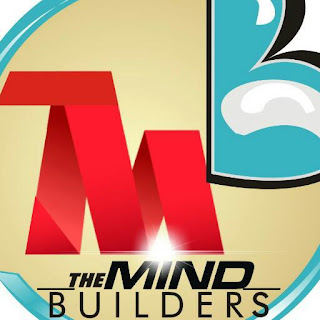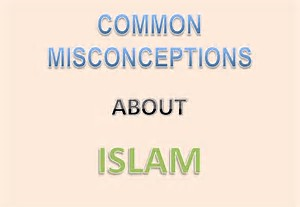DEPRESSION: SYMPTOMS, CAUSES & TREATMENT
Everyone experiences some amount of sadness from time to time yet depression lasts longer as it interferes with how one feels and thinks, thereby affecting one's daily life activities. It is a debilitating mental illness that can lead to such an extreme mental state that the depressed person attempts to end his or her life due to the associated anguish and suffering.
In fact, according to the World Health Organization (WHO), depression is the leading cause of disability worldwide and the fourth leading contributor to the global burden of disease.
Depression is distinct from occasional sadness or grief in that it is more severe and prolonged, and lasts for at least two weeks. Its symptoms include:
- Depressed mood
- Loss of interest in pleasurable activities
- Feelings of worthlessness and guilt
- Irritability
- Feelings of hopelessness
- Moving or talking more slowly
- Poor concentration
- Changes in appetite and weight
- Changes in sleep – insomnia (inability to sleep well) or hypersomnia (sleeping more than necessary)
- Suicidal ideation
It is worth noting that not everyone who is depressed experiences every symptom. Some people experience only a few symptoms while others may experience more. While the exact cause of depression is unknown, a current research study suggests that it’s caused by a combination of genetic, biological, environmental and psychological factors. Risk factors increasing the level of susceptibility subsume:
- Personal or family history of depression
- Major life changes, trauma or stress
- Certain physical illnesses and medications
- Life events such as long term unemployment, living in an abusive environment, uncaring relationship, long term isolation, loss of job, death of beloved ones
…(etc) - Changes in the of the brain, such as changes in activity level of serotonin, dopamine and norepinephrine
- Alcohol and substance use
Fortunately, depression is highly treatable, and getting effective treatment is crucial for recovery. It is usually treated with medications, psychotherapy, or a combination of the two– which seems to be the most effective.
Here are other tips that may help you or a loved one for effective treatment of depression.
- Try to be active and exercise
- Change your thinking and underlying negative belief system
- Set realistic goals for yourself
- Externalize your depression
- Spend time with other people and confide in a trusted friend or relative
- Don’t isolate yourself, and let others help you
- Educate yourself more about depression.
- Find exceptions to times you feel depressed.












Comments
Post a Comment